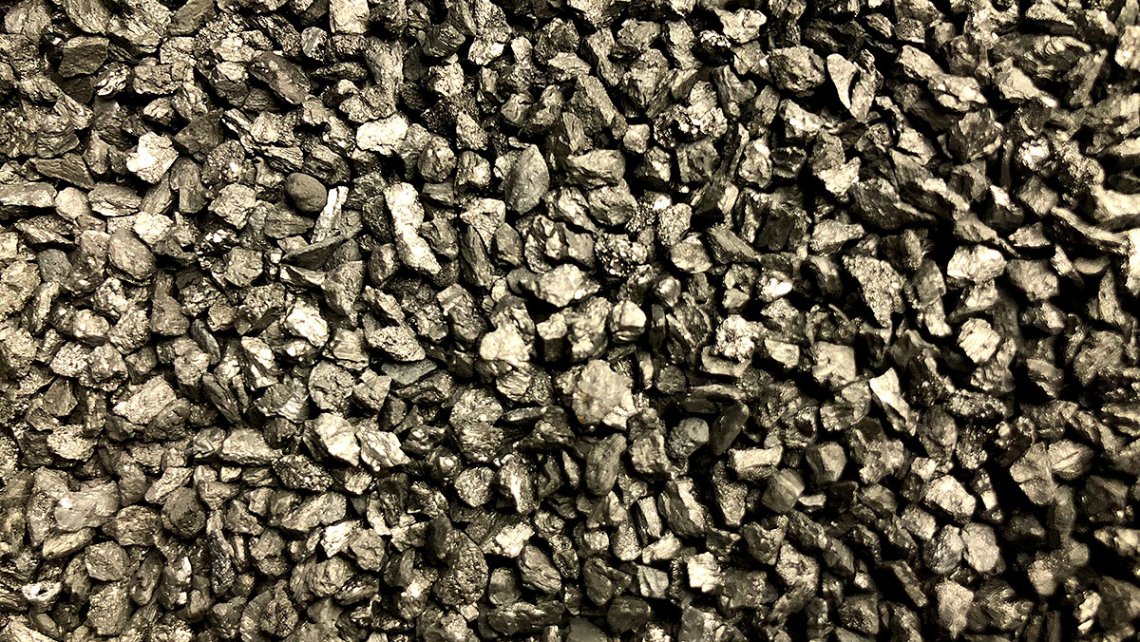Best Carbon For Reef Tank
Are you struggling to maintain the health and vitality of your beloved reef tank? Do you find yourself constantly battling algae growth and other issues? One often overlooked solution to these common problems is the use of the best carbon for reef tank. In this post, we will explore the benefits of using carbon in your reef tank and discuss some of the top options on the market.
Pain Points
Anyone who has kept a reef tank knows that it can be a challenging endeavor. Maintaining water quality and the health of your corals and fish requires a delicate balancing act. Common struggles include algae growth, dissolved organic compounds, and poor water clarity. Best carbon for reef tank can help alleviate these issues and promote a healthy and thriving environment for your aquatic inhabitants.
What is the best carbon for reef tank?
The best carbon for reef tank is one that effectively removes organic pollutants and impurities from your water column without leaching harmful chemicals or altering the pH of your aquarium. Some of the top options on the market include activated carbon, pelletized carbon, and synthetic polymer resins. Each of these products has its own unique properties and benefits, so it's important to do your research and choose the one that best fits the needs of your specific tank.
Benefits of using carbon in your reef tank
Using best carbon for reef tank can have numerous benefits for your aquarium system. Carbon helps to remove impurities from the water, such as dissolved organic compounds and toxins, which can lead to increased water clarity and reduced algae growth. It also helps to control odors and prevent the buildup of harmful pathogens in your aquarium. Carbon can be especially useful during times of high nutrient levels or after the use of medications, as it can help to remove any residual chemicals from the water column.
Activated Carbon
Activated carbon is one of the most commonly used forms of best carbon for reef tank. This product is made by heating carbon-rich materials, such as coconut shells or coal, in the absence of oxygen, creating a highly porous and adsorbent material. Activated carbon works by adsorbing impurities and removing them from the water column. This product is known for its effectiveness at removing dissolved organic compounds and other toxins from the water, as well as improving water clarity and reducing odor.

Pelletized Carbon
Pelletized carbon is another popular option for best carbon for reef tank. This product consists of small pellets of carbon that are designed to be placed in a filter or reactor. Pelletized carbon is known for its long lifespan and slow release of impurities, making it a great option for consistent and effective filtration. This product is also highly effective at removing impurities from the water column, including dissolved organic compounds and other toxins.

Synthetic Polymer Resins
Synthetic polymer resins are another option for best carbon for reef tank. These resins are designed to bind to impurities in the water column and remove them from the system. This product is particularly effective at removing phosphates and other nutrients from the water, which can help to reduce algae growth and promote overall tank health.

Conclusion
In conclusion, using the best carbon for reef tank can have numerous benefits for your aquarium system. Whether you choose activated carbon, pelletized carbon, synthetic polymer resins, or another product entirely, it's important to research your options and choose the one that best fits the specific needs of your tank. By incorporating carbon into your filtration system, you can help to promote a healthy and thriving aquatic environment.
Q&A
Q: How often should I replace the carbon in my reef tank?
A: It is generally recommended to replace the carbon in your tank every 4-6 weeks to ensure maximum effectiveness.
Q: Can carbon be harmful to my corals or fish?
A: While carbon itself is not harmful to corals or fish, it is important to choose a high-quality product that does not contain any harmful additives or leach harmful chemicals into the water.
Q: Can I use too much carbon in my reef tank?
A: Yes, it is possible to use too much carbon in your tank, which can lead to reduced nutrient levels and other imbalances in the system. It's important to follow the manufacturer's recommendations and use the product as directed for best results.
Q: Do I need to run carbon continuously in my reef tank?
A: While it's not necessary to run carbon continuously, many aquarists choose to do so to help maintain optimal water quality and clarity.
Gallery
Using Carbon In A Reef Aquarium, Are You Using It Right?SandbarAquatics
Photo Credit by: bing.com / carbon reef aquarium using rox supply bulk performance company high
Carbon Dosing (vodka) Reef Tank - YouTube

Photo Credit by: bing.com /
Carbon In Your Reef Tank - YouTube

Photo Credit by: bing.com /
Xellos88's 12 Gallon Bow-front LPS & Soft Coral Nano Reef - November

Photo Credit by: bing.com / reef nano tank aquarium coral lps soft specs bow front gallon fts
Carbon In The Reef Tank - Part 1 (Repost) | Melev's Reef

Photo Credit by: bing.com / repost